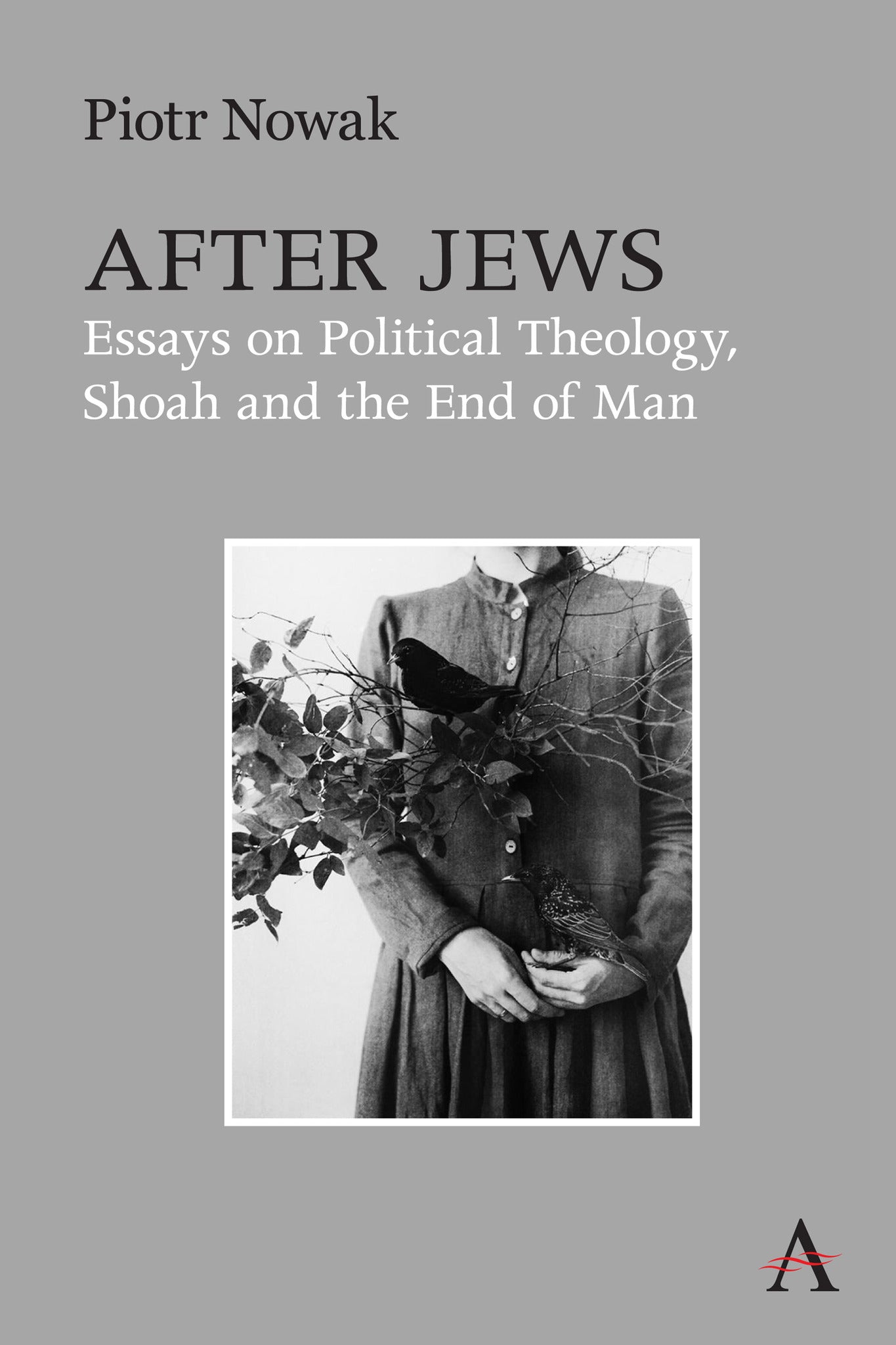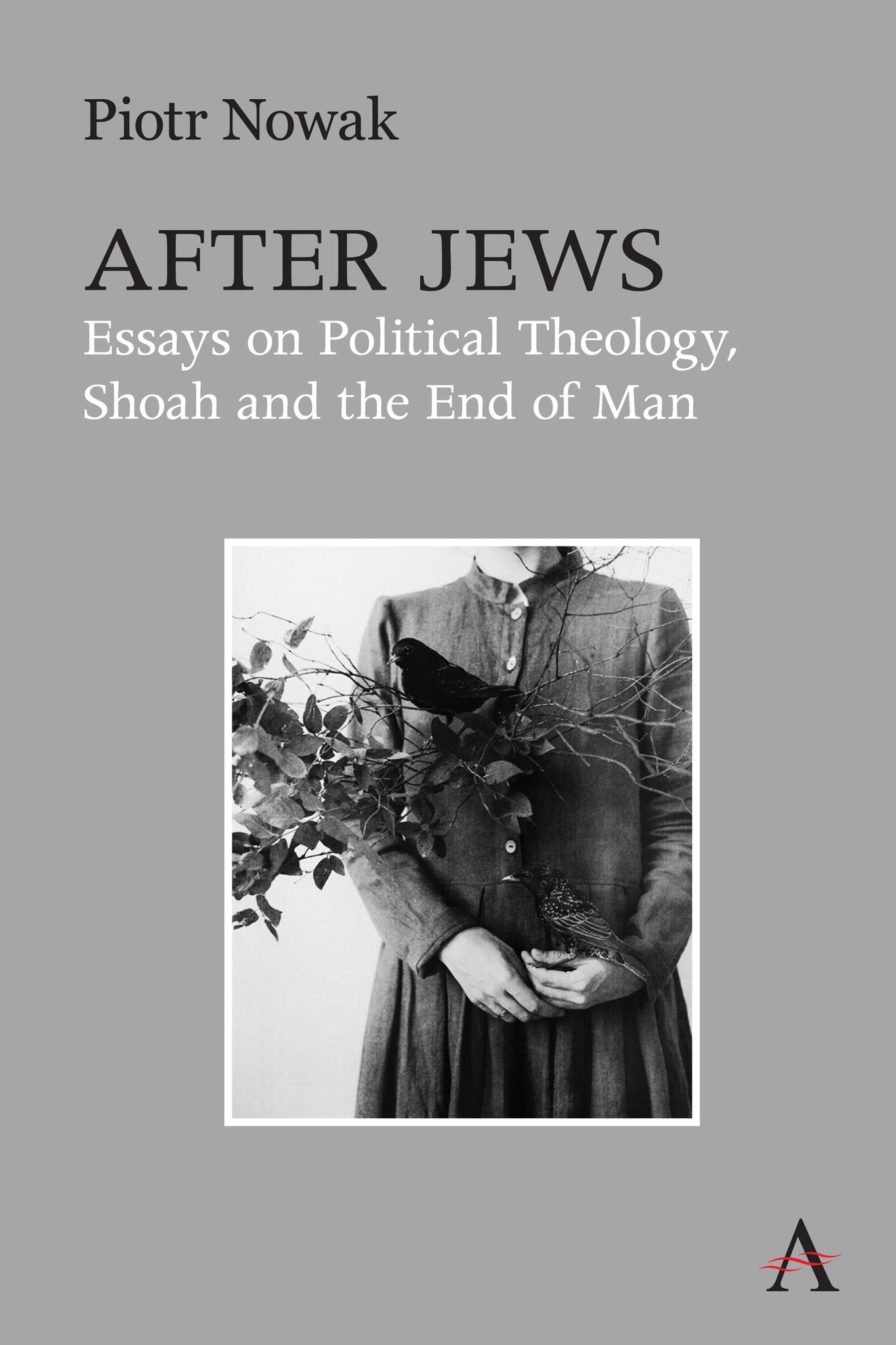We're sorry. An error has occurred
Please cancel or retry.
After Jews

Some error occured while loading the Quick View. Please close the Quick View and try reloading the page.
Couldn't load pickup availability
- Format:
-
08 March 2022

The basic idea of this book is an attempt to describe and critically interpret the condition of man living in the shadow of the Shoah, in the world “after Jews”. The author achieves this by referring to the language of political theology, renewing the meaning of such theological concepts as eternity, salvation, the idea of the chosen people, apocalypse, radical hope, and others. He seeks an answer to the question of the conditions for the possibility of the Shoah, all this in order to better understand today’s growing aggression against people of strong faith, strong traditional beliefs. Is the disturbing thought of the recurrence of the Shoah, the repetition of the worst scenario that has already happened once in the modern world, an overstated thought, an exaggerated suspicion, a neurosis? The author asks several twentieth-century writers and philosophers such as René Girard, D.H. Lawrence, Jacob Taubes, Joseph Roth, Primo Levi, Jean Améry, W.G. Sebald, K.K. Baczyński, Czesław Miłosz, Krzysztof Michalski, Jonathan Lear, Hannah Arendt, Vasily Rozanov, Giorgio Agamben, and Martin Heidegger to answer these disturbing questions. The exceptions are William Shakespeare and St. Paul, who, however, can also be considered contemporary because of their timeless presence.

RELIGION / Theology, Theology, PHILOSOPHY / Political, Social and political philosophy
Preface; 1. The Chosen Ones (St. Paul); 2. The Secret of the Scapegoat (René Girard); 3. Making a Jew into a Christian (William Shakespeare); 4. There Should Be Time No Longer (D. H. Lawrence); 5. To Look Upon His Face and Yet Not Die (Jacob Taubes); 6. Ex oriente lux? (Joseph Roth, Primo Levi); 7. Pilloried by Necessity (Jean Améry); 8. German Rubble (W. G. Sebald); 9. Long Live! (K. K. Baczyński); 10. The Living against the Dead (Czesław Miłosz); 11. The Child of War (Friedrich Nietzsche, Krzysztof Michalski); 12. Plenty Coups and the End of the World (Jonathan Lear); 13. They Refugees (Hannah Arendt); 14. The Remainder of Christianity (Vasily Rozanov, Giorgio Agamben, Martin Heidegger); Bibliography; Index of Persons.




